Introduction
Iron castings are an important part of the manufacturing of many products. However, the quality of these castings can vary greatly, often depending on the level of grinding prior to use.
There is an old saying in the metalworking world: “The only way to make a good cast iron part is to grind it”. This statement is as true today as it ever was.
In this article, we will discuss the importance of grinding in the production of iron castings and why it is critical to producing quality parts.
What is grinding?
Grinding is the process of removing a small amount of excess material from a workpiece with a grinding wheel or abrasive belt. This can be done manually with an angle grinder, or automatically with a CNC grinder.
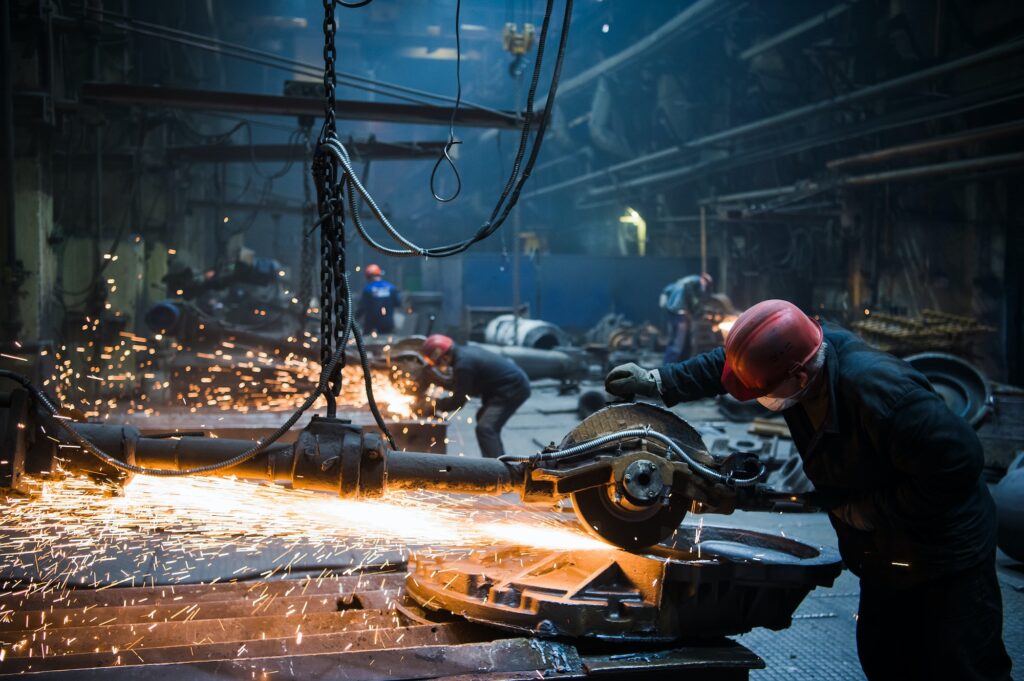
Grinding is important because it helps ensure a smooth surface for iron castings. This is necessary for proper function and aesthetics.
A smooth surface is also easier to paint or polish, which can improve the overall appearance of the final product. In addition, grinding helps to remove any sharp edges.
Why is grinding important for the production of iron castings?
Quality
The grinding process removes any defects, such as sharp edges or burrs, that may affect the quality standard of the product, it also gives the casting a smooth surface, improving its appearance and longevity. This is one of the main reasons why grinding plays an important role in the production of high quality iron castings.
Strength
The grinding process helps to improve the strength of the iron casting by reducing any internal stress concentrations that may have been caused during the casting process. This results in a more uniform strength throughout the casting, which allows it to better withstand high temperatures and external forces.
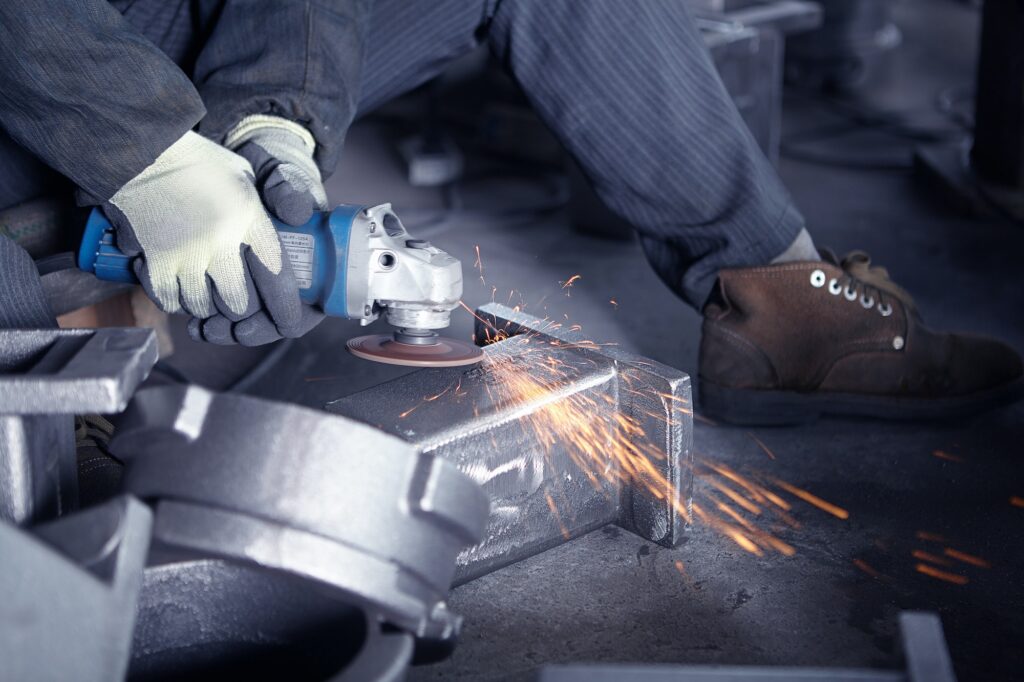
Grinding helps make iron castings stronger and more durable than unground castings. This improves the overall strength of the casting and its ability to withstand extreme temperatures, corrosive environments and vibration.
Accuracy
The grinding process also helps to improve the accuracy of the product. By grinding the surface of the casting, the iron casting can be machined. By eliminating any defects on the surface, it allows for more accurate measurements and a better match between the various components that make up the final product.
Grinding also reduces any dimensional errors that may exist in the iron casting before production begins, which is critical for any part that requires precise measurements or tolerances during the assembly process.
Cost-effectiveness
Grinding helps to improve the overall cost effectiveness of iron castings. By removing excess material and improving surface finish, this process reduces both production costs and post-production costs.
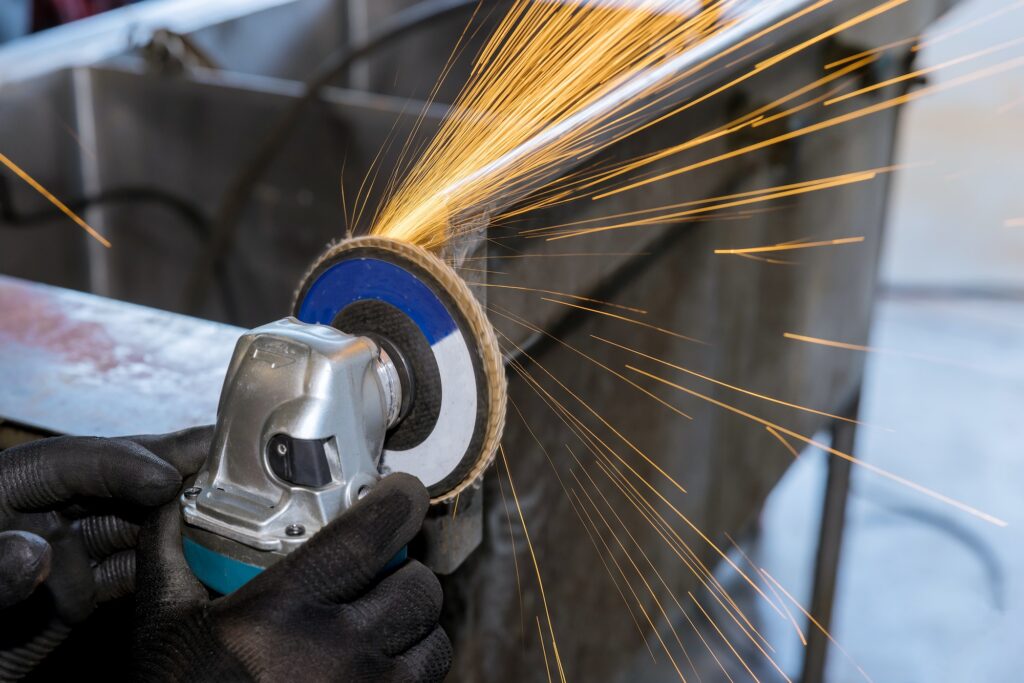
It not only reduces raw material costs, but also reduces labor costs associated with the additional machining required when grinding is not available.
In addition, the improved accuracy allows for higher precision because it reduces costly rework and machining time, meaning fewer resources are used in production. The process also saves time and money with faster turnaround times. In short, grinding improves the economics of iron castings by reducing their cost and producing a higher quality product.
Surface finish
The grinding process can also improve the surface finish of the product. By reducing the roughness, it gives the product a smoother and more consistent appearance. In addition, it makes the product look more valuable and increases its overall desirability.
Grinding also improves the dimensional accuracy of a product, making it easier to install and use in many applications. Because of these benefits, grinding is an important step in the manufacturing process. This may be important for aesthetic applications or for parts that require precise measurements.
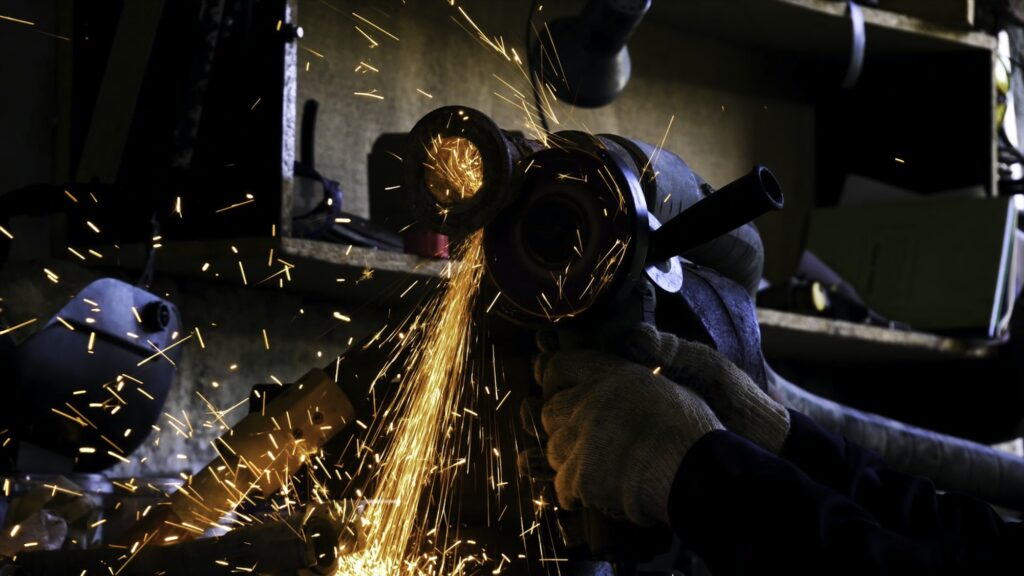
Durability
Grinding iron castings helps create stronger parts and improves wear. The grinding process removes any weak layers of material, which increases the integrity of the part. It also helps increase surface hardness and reduces friction, resulting in better performance under pressure. The result is a higher quality product that lasts longer in use. This makes it ideal for industrial applications where durability is critical.
Structural Consistency
Grinding ensures better structural consistency, eliminating excess material and improving overall performance when assembled with other components or parts. The process also increases productivity by reducing the time and energy required for finishing operations.
Grinding removes any surface defects that occur during the casting and heat treatment process, creating a smooth surface, reducing internal stresses and improving the dimensional accuracy of the part. In addition, grinding helps to improve wear resistance by removing all surface oxides and composites.
Overall, grinding plays an important role in the production of iron castings to ensure that only high quality parts are produced and to improve the consistency, strength, durability and aesthetics of the structure. With these benefits gained from grinding, manufacturers can more efficiently produce long-lasting and attractive products.
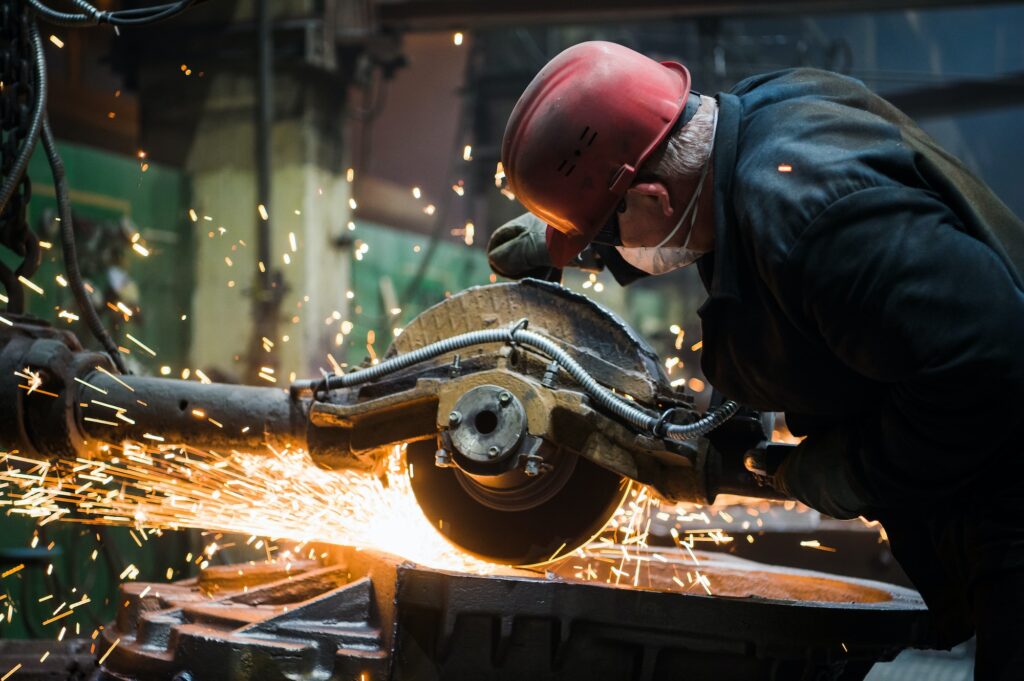
10 key points to keep in mind when grinding iron castings
1. Make sure your grinding wheel is the correct size, grade and type for the iron casting material you are working with. This will ensure a smooth and consistent finish while avoiding damage to the castings.
2. Always use a cooling lubricant when grinding iron castings, as it helps to maintain low temperatures, extend tool life, and ensure that the material does not burn.
3. When grinding iron castings, it is important to maintain uniform and consistent grinding pressure throughout the operation. This will help ensure a smooth surface and help prevent any uneven surfaces or other defects.
4. Before starting any grinding process on iron castings, be sure to check that your machine speed is set correctly. High speeds may cause the material to heat up and burn, while low speeds may not provide the desired surface finish.
5. Always wear proper protective equipment when grinding iron castings. This includes safety glasses, face shields, hearing protection and dust masks to prevent injury from any particles that may be generated during the machining process.
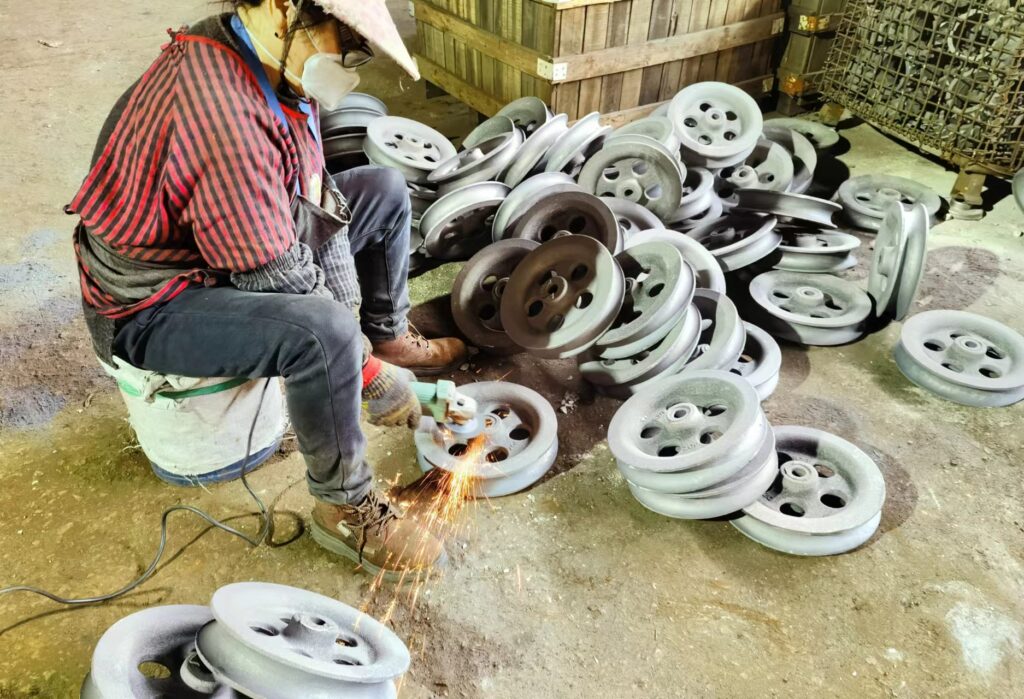
6. Be aware of any sharp edges that may be produced during the machining process. They must be smoothed out before grinding, otherwise they may cause damage to the casting or even cause injury.
7. When grinding iron castings, use a cutting fluid to help lubricate and cool if necessary. This will reduce the heat and extend the life of the grinding wheel.
8. Always use a light touch when grinding iron castings. Heavy pressure may cause excessive heat, resulting in poor surface finish and even damage to the material.
9. When working with large iron castings, it may be necessary to use special grinding wheels for corner or edge grinding. These wheels can provide excellent performance and a uniform surface that ordinary grinding wheels cannot provide.
10. Finally, it is important to inspect the grinding wheel periodically to ensure that there are no defects or wear that could affect the quality of the finished product. If any irregularities are found, sharpen with a new grinding wheel before continuing operations.
By following these 10 guidelines, you can ensure that the process of grinding your iron castings is as smooth and safe as possible, while producing consistent results and a superior finish.
Conclusion
This article has given us a comprehensive understanding of the grinding process, which is an indispensable step in the production of iron castings.
Through grinding, the surface of the casting can be smoothed out, making it more aesthetically pleasing and durable. This process also helps to eliminate any irregularities and inconsistencies in the casting for better quality control.
In addition, grinding can improve strength, dimensional accuracy and durability, as well as positively impact the economics of iron castings.
By understanding these points, buyers can better understand the production process of iron castings and manufacturers can optimize their production process to create a quality product at a lower cost, resulting in better results for both the company and the customer.
We are Castimoo, an iron casting supplier with 30 years of experience. Specialized in the production of gray and ductile iron castings. We have a complete production process and quality inspection process to provide you with high quality iron casting products. Feel free to contact us, I am always there for you.
